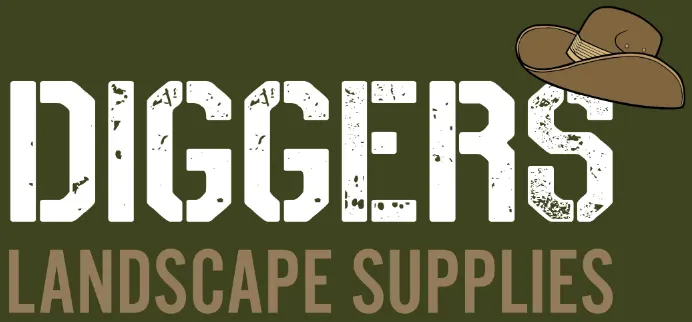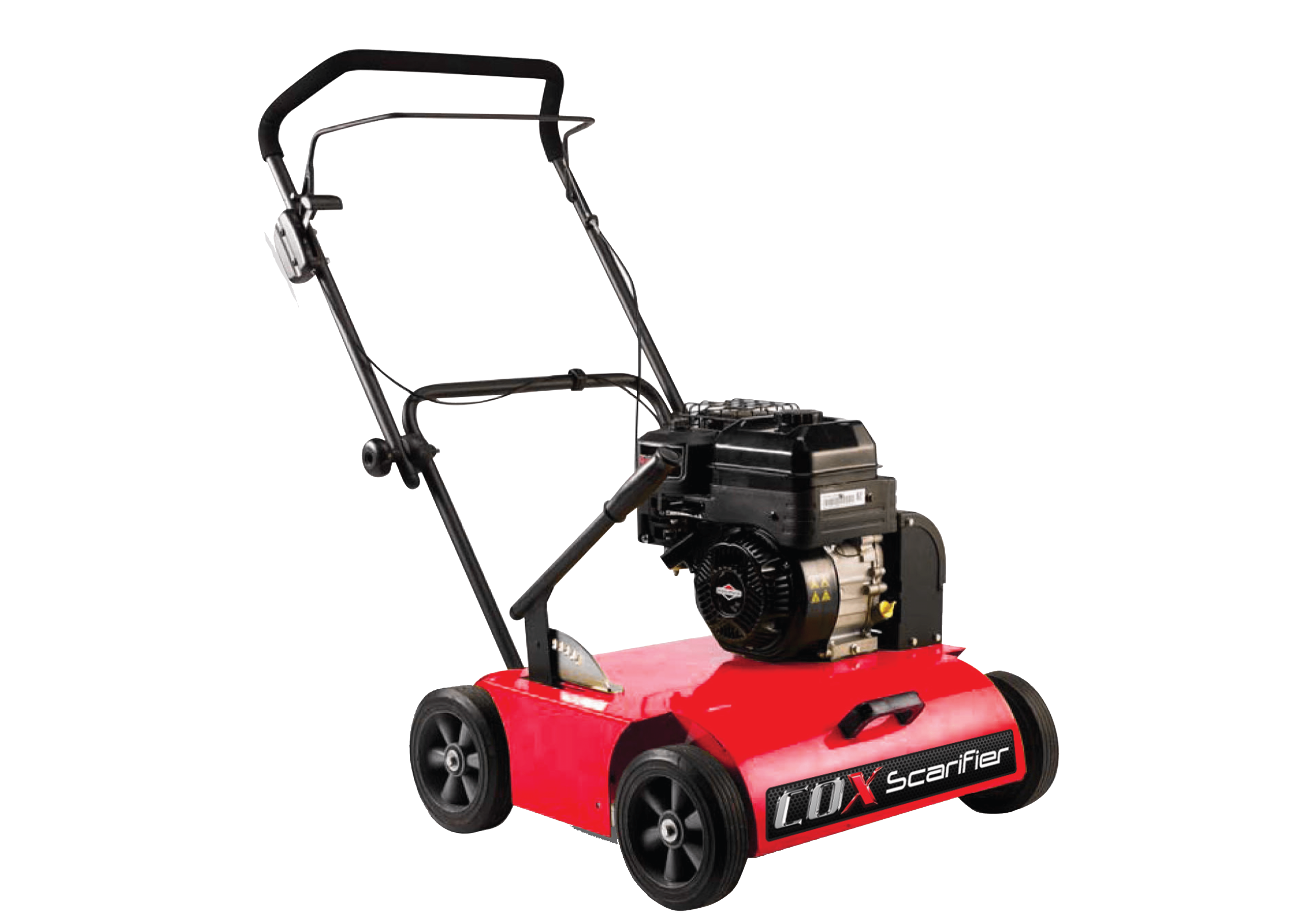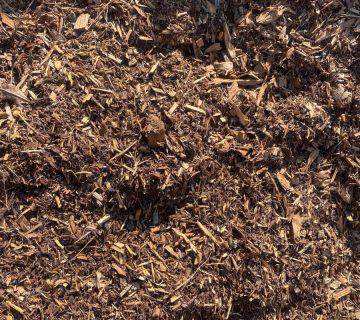Concrete is cheaper upfront and quicker to install, but pavers offer more style, flexibility, and long-term durability. If you’re planning a driveway, patio, or pathway in Mackay, this guide breaks down the pros and cons of each to help you choose what works best.
What’s the Difference Between Concrete and Pavers?
- Concrete is poured and formed on-site. It cures into a single solid slab.
- Pavers are pre-made blocks (usually concrete, clay, or stone) laid individually to form a patterned surface.
They may look similar once finished, but they perform and age very differently, especially in Mackay’s climate.
Installation Time & Cost
Concrete:
- Cheaper to install upfront (less labour and materials).
- Fast to pour and cure—often done in a day or two.
- Great for large surfaces like driveways or slabs.
Pavers:
- More expensive initially due to labour and prep.
- Good option over areas that have essential services eg. mains water, electrical etc.
- Takes longer to install—each piece is laid by hand.
- Better for detailed areas like patios, pool surrounds, and garden paths.
Local tip: In Mackay’s heat and humidity, concrete can crack or shift if the base isn’t perfect. Pavers are more forgiving because they can flex with the ground.
Durability & Maintenance
Concrete:
- Prone to cracking over time, especially with poor drainage or shifting soil.
- Cracks are permanent unless you resurface or replace sections.
Pavers:
- More durable under pressure and less likely to crack.
- Individual blocks can be replaced if damaged.
- Minimal maintenance—just sweep, hose, and occasionally re-sand joints.
Looks & Style
Concrete:
- Can be coloured or stamped to mimic pavers or stone.
- Limited once poured—changes are costly or impossible.
- Sleek, modern finish but fewer design options.
Pavers:
- Wide variety of shapes, sizes, and textures.
- Easy to mix colours or create borders, curves, or patterns.
- Adds character and street appeal to homes.
Safety and Surface Grip
Concrete:
- Can get slippery when wet, especially if sealed.
- Surface can become hot under direct sun.
Pavers:
- Textured surface gives better grip.
- Some types stay cooler underfoot, ideal for pool or garden use.
Repair and Longevity
Concrete:
- Lasts 20–30 years with good care.
- Repairs are patchy and often don’t match the original finish.
Pavers:
- Easily replaced one at a time.
- Can last 30–50+ years if installed correctly.
So… Which One Should You Choose?
- Go with concrete if you want something quick, affordable, and basic—like a side path or slab.
- Choose pavers if you care about design, flexibility, and long-term performance—especially in areas with movement or drainage issues.
Where to Buy Pavers in Mackay
At Diggers Landscape Supplies, we stock a wide range of driveway and patio pavers, including concrete, clay, and decorative blocks. Whether you’re doing a DIY project or need help from a local tradie, we’ll help you get the right material for the job—and deliver it straight to your site.
Need Help Choosing Rataining Wall Blocks?
Drop by Diggers Landscape Supplies in Bucasia or visit us online to explore the full range of pavers solutions. Our team knows Mackay’s soil, climate, and building rules—and we’ll make sure your project starts strong and stays solid.
Frequently Asked Questions
Do pavers cost more than concrete?
Yes, but they’re often cheaper long-term because they don’t crack like concrete does.
Can pavers handle cars?
Absolutely. As long as the base is prepared properly, pavers are perfect for driveways.
Is stamped concrete as good as pavers?
It looks similar, but it can still crack like any other slab—and is harder to repair.


